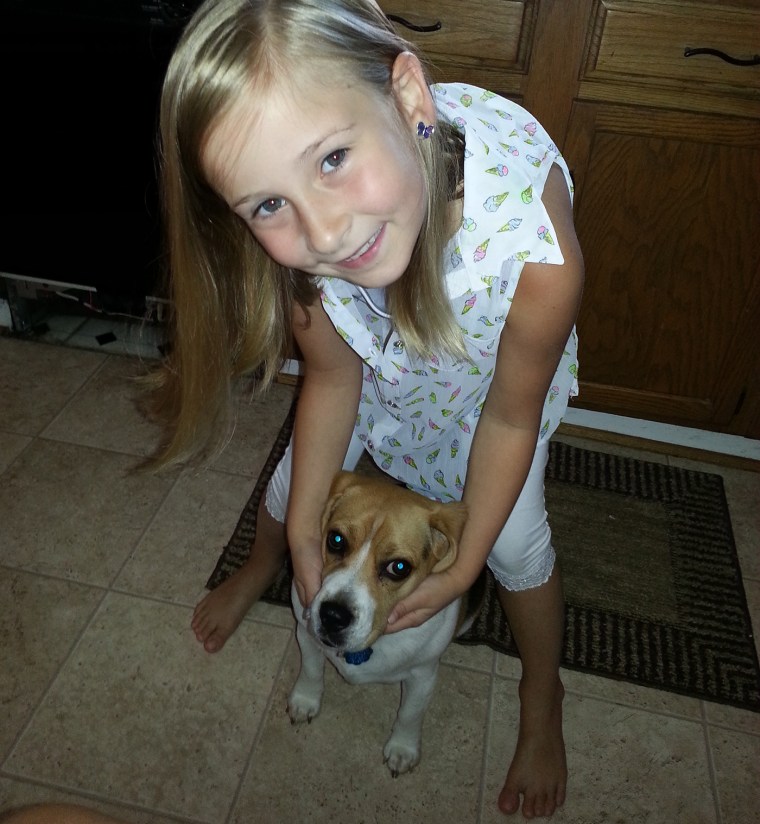Lauren Baumann is one of the lucky ones.
Though she has cancer, chronic myeloid leukemia, it is manageable, as long as she takes a daily pill called Gleevec. Gleevec is considered a wonder drug, turning Lauren's leukemia from a death sentence to a disease she and thousands of others can live with. The problem is, even with health insurance and a full-time job, Lauren can't afford the monthly co-pay for Gleevec. It can be as high as $2,000 a month — twice the average mortgage payment in the U.S.
"I feel like you get punished," says Baumann. "I didn't ask to get cancer; I didn't ask to get sick. I was 26 and I was perfectly healthy."
Now 30, this single mom of 9-year-old Aubrey has scrambled almost every month for the last four years looking for help to pay her medical bills.
"It's embarrassing. I do have a job; I do make money and I still have to call and beg."
Baumann, who lives in Kentucky, has reached out to churches, charities, and even Gleevec's manufacturer Novartis for assistance, always motivated by her determination to see her daughter grow up.
"On days I feel like I can’t go on anymore or don’t have any fight left in me, all I have to do is look at her and she is my why. She is my reason."
And that is why she is furious at the cost of Gleevec, which she must take for life to manage her chronic form of leukemia. The wholesale price has tripled since it came on the market in 2001, rising from $2,624 a month to $9,210.
Gleevec is now a nearly $5 billion-a-year drug for Novartis.
Dr. Peter Bach, director of Memorial Sloan Kettering's Center for Health Policy and Outcomes in New York, says Gleevec is one example of a cancer drug market that in his words is "utterly broken."
The shortest answer to why cancer drugs are so expensive, said Bach, is "because they can be."
"We don't have any requirements or even expectation that the price of a drug is related to how well it works," says Bach.
"We don't have any requirements or even expectation that the price of a drug is related to how well it works," says Bach, "[or] how safe it is, how hard it was to discover, how many people it treats or could help."
In the last five years, 15 new cancer drugs entered the market with price tags of $10,000 or more.

Bach says things must change. He wants to tie price to performance.
"We need an approach that links the drugs to their value and the value is not just about what they do for patients," says Bach. "It's also about the scientific advances they represent because we are investing in the future."
Novartis says it invests its profits in research and points to clinical trials that have resulted in Gleevec being approved to treat five rare cancers. It also says that the majority of patients pay less than $100 a month for Gleevec out of their own pockets. And it says it has an extensive assistance program to help those who can't afford the medicines.
